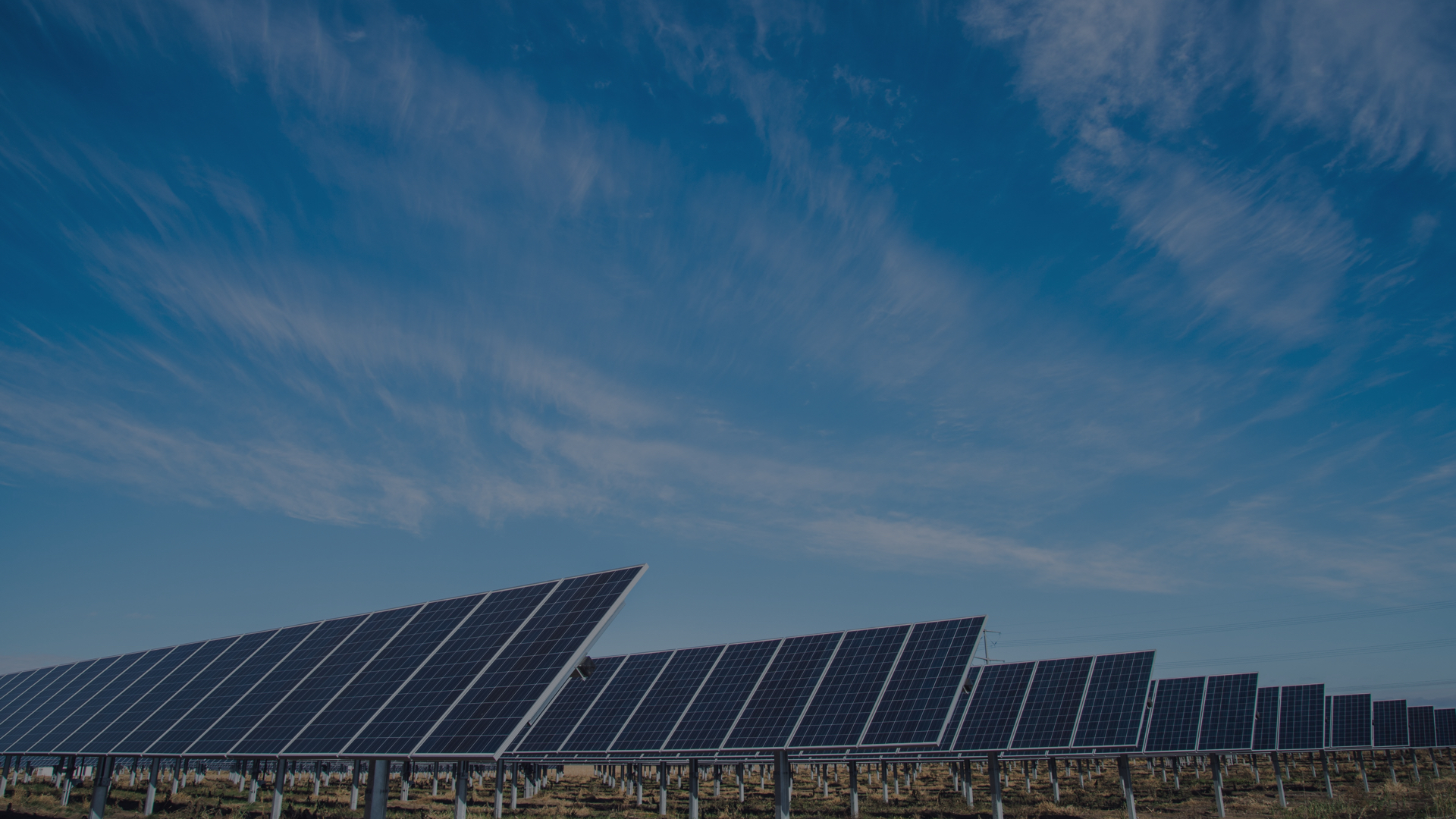New research has shown how investing a lump sum in solar or renewable investments rather than an existing pension can deliver double-digit, ISA-like tax free returns for private investors in their retirement.
The figures were compiled by Evo Energy after the Minister for Climate Change Greg Barker claimed earlier this year that solar could deliver better returns than a pension. They compared the estimated returns that could be achieved over 20 years through investing £5,550 in either solar panels, ‘debentures’ for renewables projects or a typical managed pension fund.
The results showed that domestic solar could deliver annual returns of more than 10 per cent for the duration of the Feed-in Tariff (FiT), while a typical managed pension fund could be expected to grow by six per cent year on year over the same period after charges. Those choosing to invest in certain larger renewables projects through a debentures-type scheme, meanwhile, can achieve yearly returns as high as eight per cent.
While pensions come with the extra benefit of Government tax relief, the difference in annual returns between PV and a pension from the same initial investment shows yet again, according to the PV provider, why solar investing should be seen as a serious addition for investors looking to diversify their existing retirement portfolios.
Steve Wilks, director of finance at EvoEnergy, said: “Following the Minister’s announcement in February, we set out to see for ourselves exactly how solar actually stacked up against a pension as an investment aimed specifically at delivering income before and after retirement.
“Mr Barker said returns of eight per cent or above could be achieved – what we found was that, with an average, unshaded 3kW array installed at a cost of £5,550 upfront, a homeowner could see returns of more than 10 per cent once the FiT, export tariff and possible energy savings are accounted for.
“That’s more than £600 per year before inflation with just a moderate 25% saving off energy bills accounted for. Figures like that, along with the falling cost of installations and the security offered by the 20-year FiT, show that solar can now be on everyone’s radar when they’re planning for the future. The fact that returns are both income tax free and available before 55 just makes them look even better.
“Investing in solar is by no means a direct replacement for traditional pension funds, in our opinion. However, what it does offer is a tax-efficient alternative for a lump sum that isn’t susceptible to market fluctuations that can deliver significant returns over the medium to long-term in addition to a pension.”
Pensions broker Hargreaves Lansdown echoed the view that diversity can offer benefits when it comes to retirement planning.
Tom McPhail, Head of pensions research at Hargreaves Lansdown, said: “Pension investors can and should take a long term view of investing; often they are in the unique position of being able to take a view over an investment horizon which stretches decades into the future.
“This means diversifying investment portfolios and taking advantage of some less conventional opportunities which might not be suitable for investors operating over shorter time spans.”
Aside from domestic solar, another such opportunity could be through alternative Debenture investments with companies like Abundance Generation, which allows private investors with a lump sum to invest directly into larger renewable projects which support local communities.
Bruce Davis, managing director of Abundance Generation, said: “From our point of view, generating electricity from solar power offers homeowners a real choice when looking for a long term income generating investment in their retirement.
“Whether that’s through a domestic installation or through a Debenture that invests directly into other projects will very much depend on their own individual circumstances.
“With the government reforming annuities because of a lack of competition and poor value for retirees advisers are starting to looking beyond conventional investments and considering a Debenture, which can provide an income that is less volatile and access to an uncorrelated asset.
“Each investment is individual and offers different returns, however Abundance targets projects which are estimated to produce an IRR of 7% of more. This would potentially provide investors with around 2.2 times their original investment although they should bear in mind that their capital is at risk and debentures are not readily realisable.”
26.08.2014
EvoEnergy research shows solar can rival a pension for retirement income
EvoEnergy News, Featured News
